After living through two wars in Iraq Samar Mandalawi developed a “deep passion” for trying to help others and knew she wanted to follow her dream of becoming a lawyer.
Samar came to the UK in 2003 and for the past two years she has run SM Immigration Lawyers in Dundee.
With three staff, she supports ethnic minorities and immigrants specialising in UK immigration law and equality, diversity, and inclusion (EDI) services.
Samar answered our questions on her biggest struggles, achievements and more.
How and why did you start in business?
I started my business as a way to support ethnic minorities and immigrants, inspired by my own journey and the resilience I’ve seen in others.
After working for over six years with the Scottish Refugee Council and Dundee City Council, the Ukrainian war reignited my calling. I wanted to build a service that addresses the needs of those facing complex challenges, particularly asylum seekers, who often feel voiceless.
Establishing this business felt like a way to give back and contribute to a more inclusive society.
How did you get to where you are today?
My journey here was shaped by personal experience. I’m from Iraq and lived through two wars there. Members of my family were living in Kyiv when the Ukraine war started.
Moving to Dundee to study law, I was determined to specialise in immigration and EDI, driven by the desire to make a real difference.
With more than 10 years of work supporting ethnic minorities, immigrants, and asylum seekers, each step brought me closer to where I am today, equipped with both knowledge and compassion. My personal experiences and professional path combined to fuel my determination to create meaningful support for those who face the same struggle.
Who helped you?
Angie Lee, the founder of Business Women Station, played a pivotal role in my journey. Her mentorship was invaluable as I transitioned into EDI consulting and developed my expertise. She guided me step-by-step, helping me learn from my mistakes and build my confidence, especially during difficult times when I doubted myself.
What’s the best piece of advice you’ve ever had?
“Take your time, it shall pass.” This advice reminds me to slow down, live in the moment, and truly enjoy each minute without always looking ahead.
What is your biggest mistake?
Early on, I felt the pressure to accomplish everything quickly, often moving too fast without fully thinking through each step. I’ve learned that sometimes, slowing down and focusing on each step can lead to better outcomes.
What is your greatest achievement?
Discovering my true self. After witnessing wars and facing countless challenges, I’ve learned that the most important journey is the one toward inner strength and clarity.
How are you managing rapidly rising costs, and how could the government help?
As a member of the Federation of Small Businesses, and like many small businesses currently, I understand that rising costs are a challenge.
Local authorities could support this by encouraging initiatives that bring people together, fostering resilience, and offering more collaborative solutions during these times.
Supporting grassroots projects and community-building efforts could create a stronger foundation for everyone.
What do you still hope to achieve?
I hope to expand our reach, offering tailored support to more communities and becoming a leading voice for ethnic minorities and asylum seekers.
My vision is to develop programs that go beyond immediate support and provide long-term pathways to empowerment and self-sufficiency.
I want to partner with other organisations to amplify this work and eventually create a network of resources that can truly transform lives. Ultimately, I hope to create a legacy of support and opportunity for those who need it most.
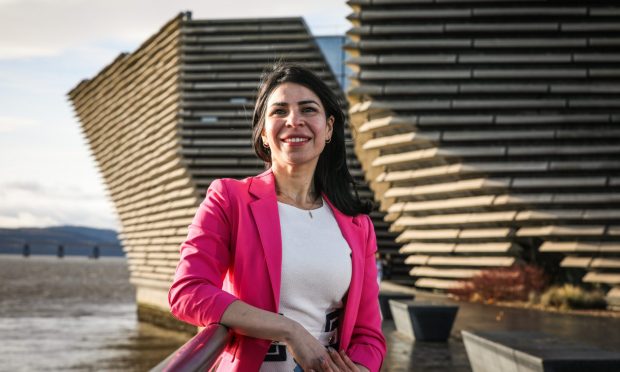
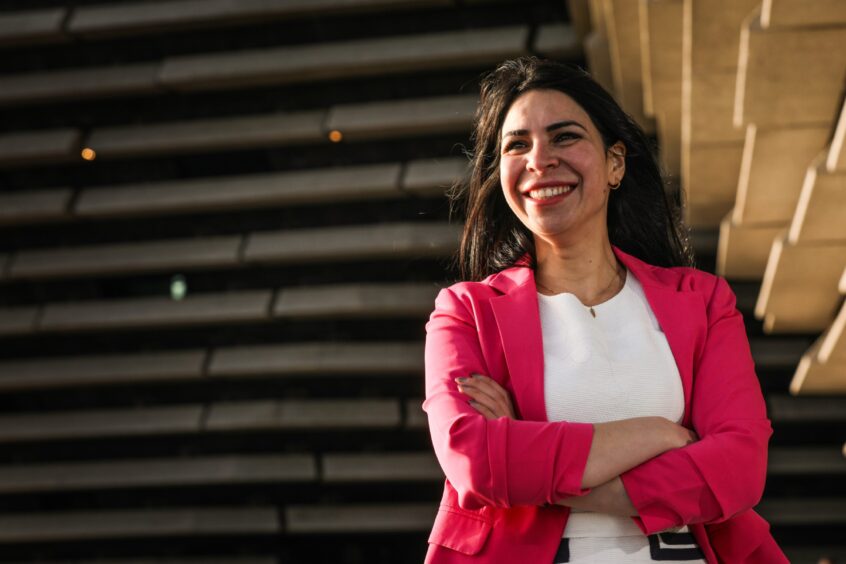
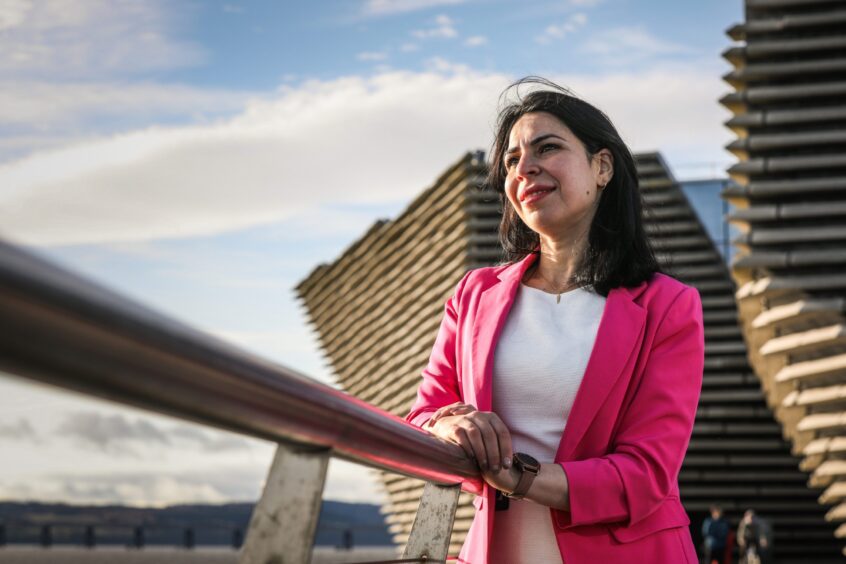

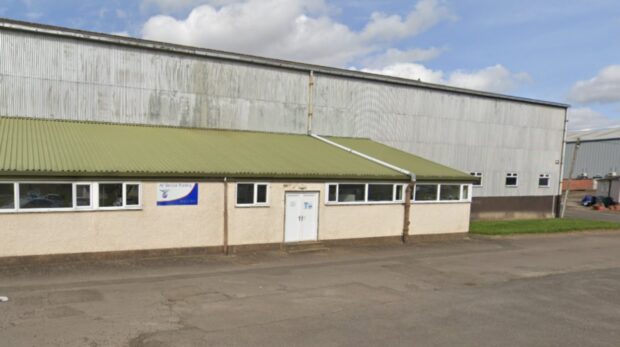
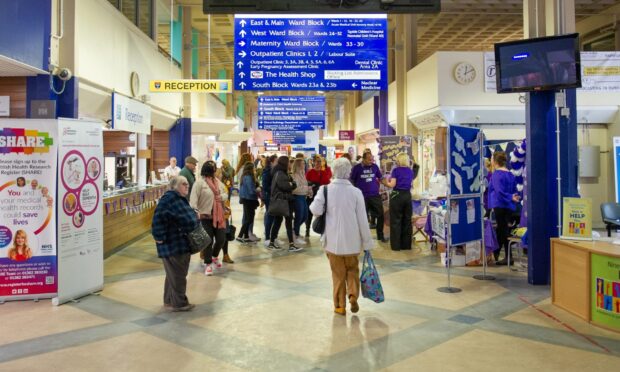
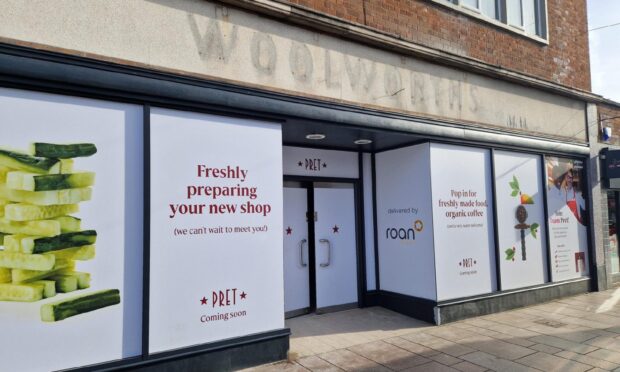
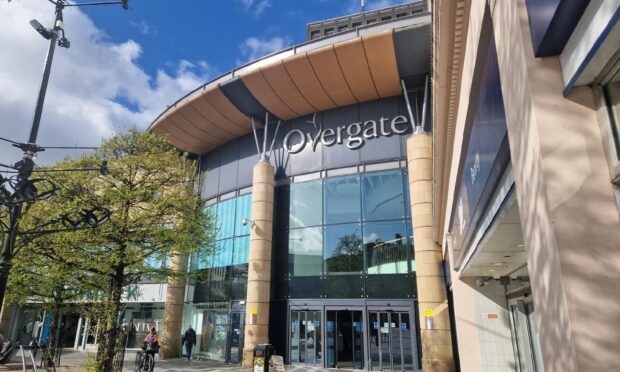
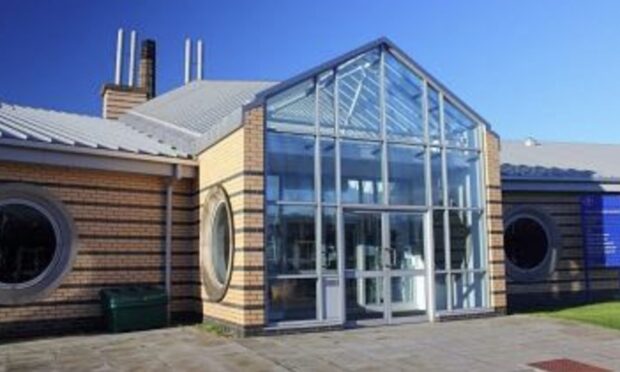
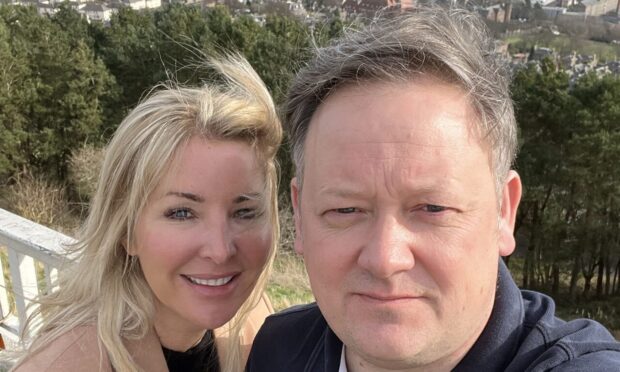
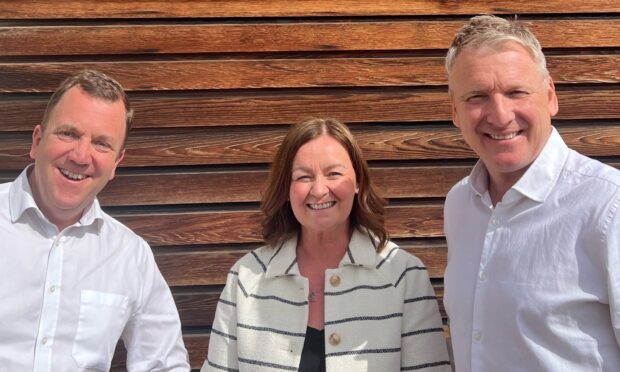
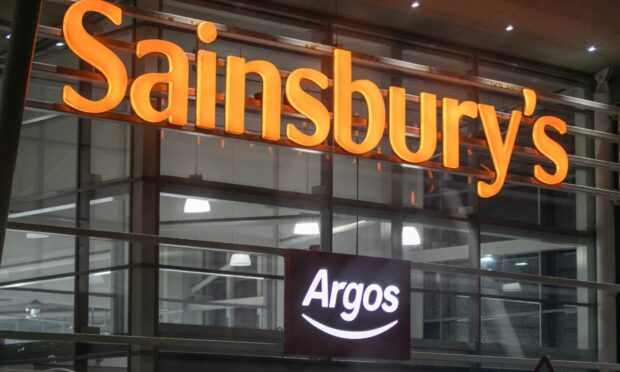

Conversation